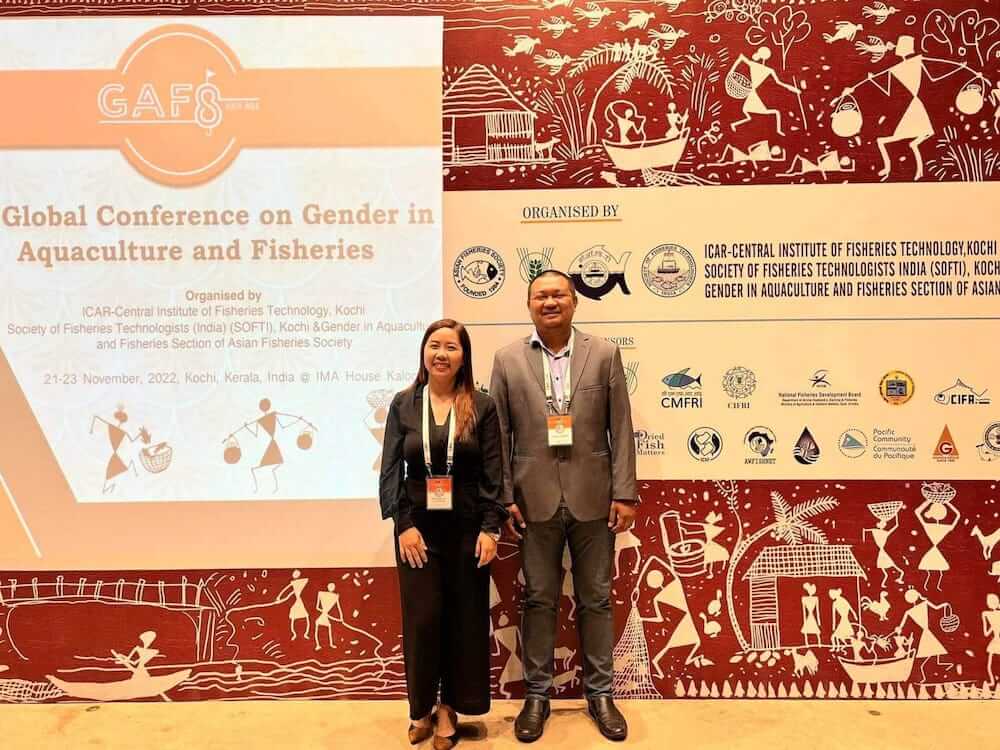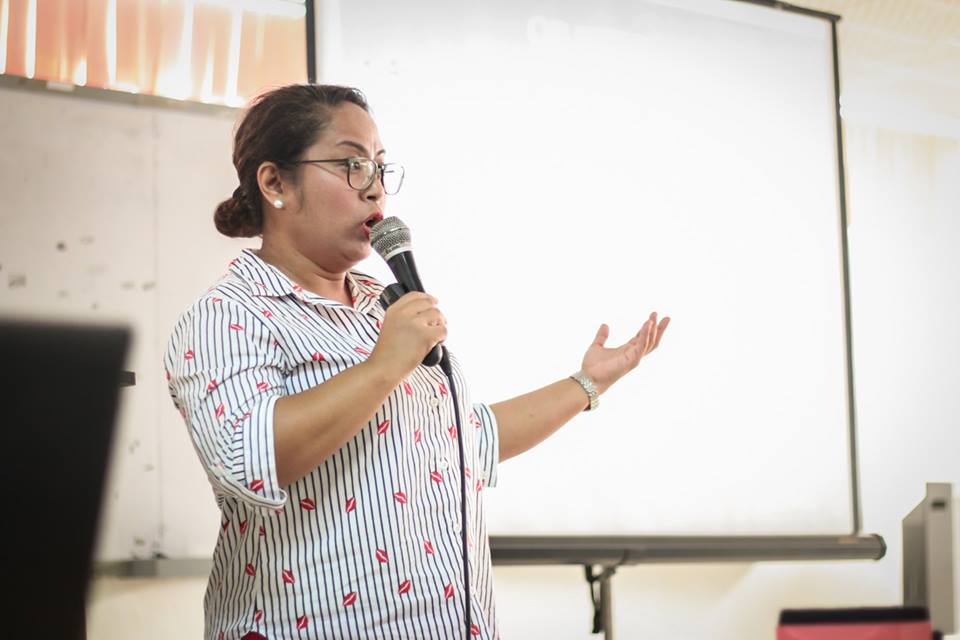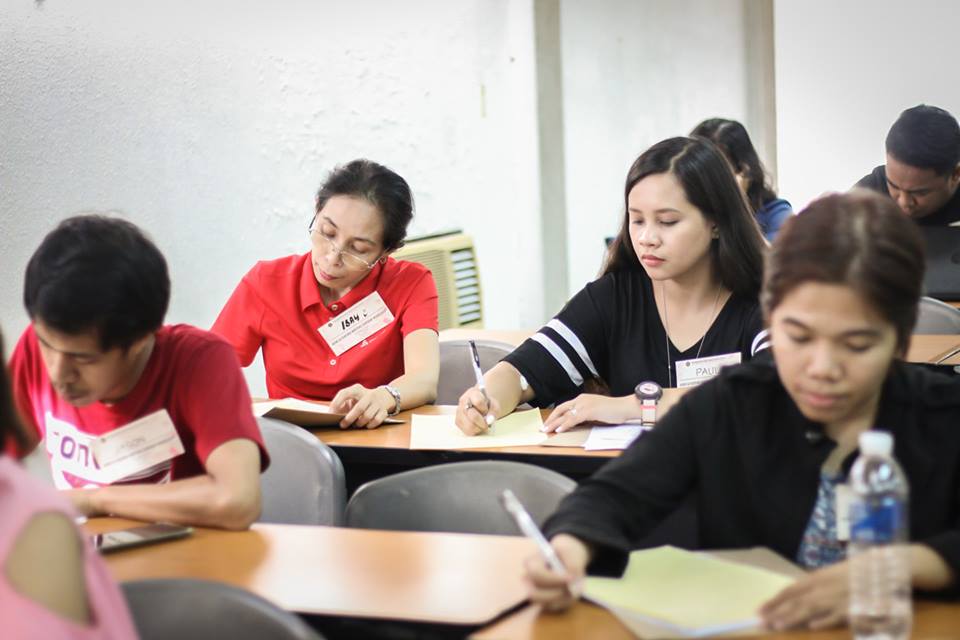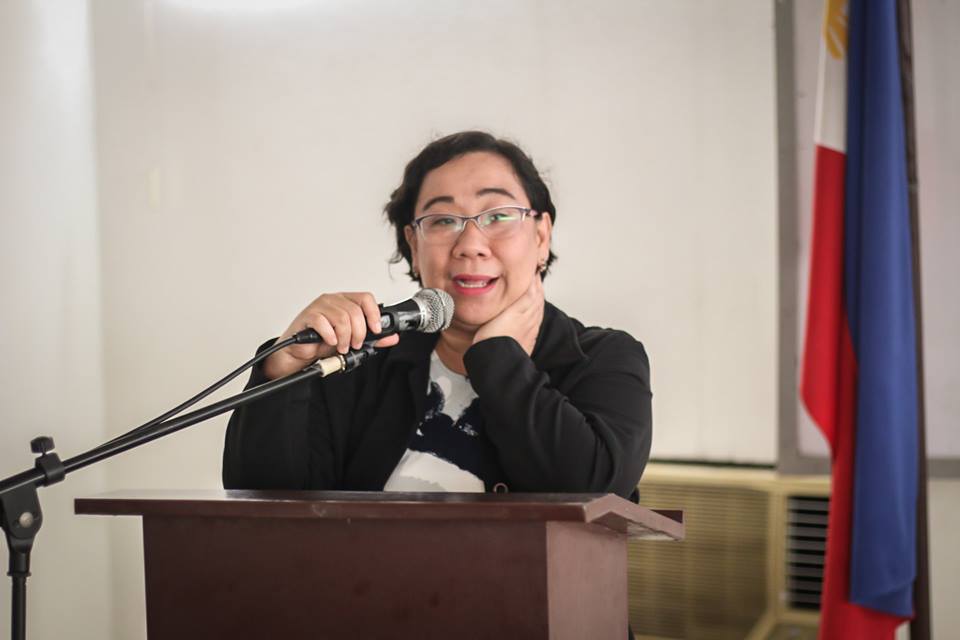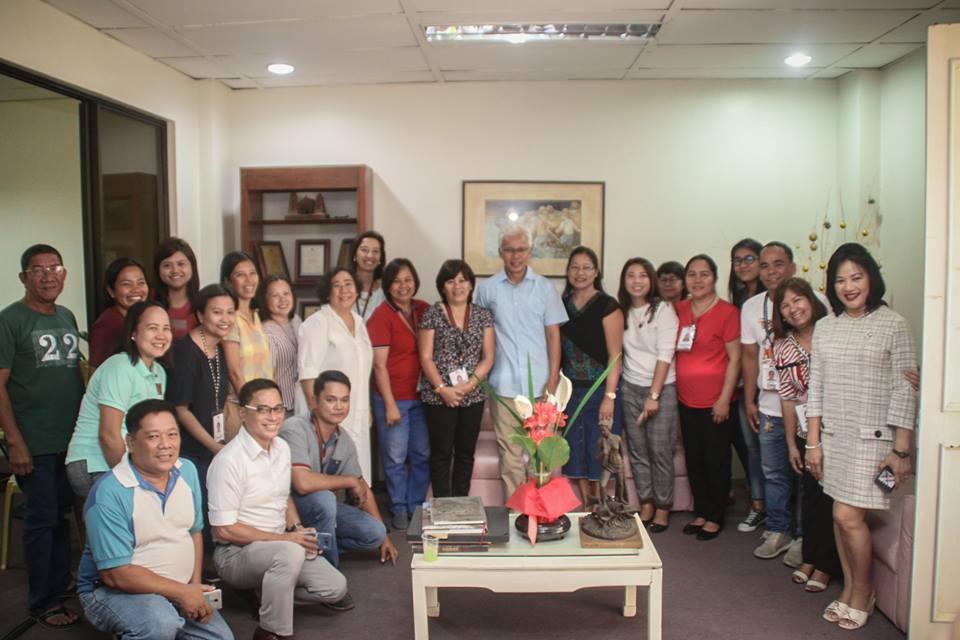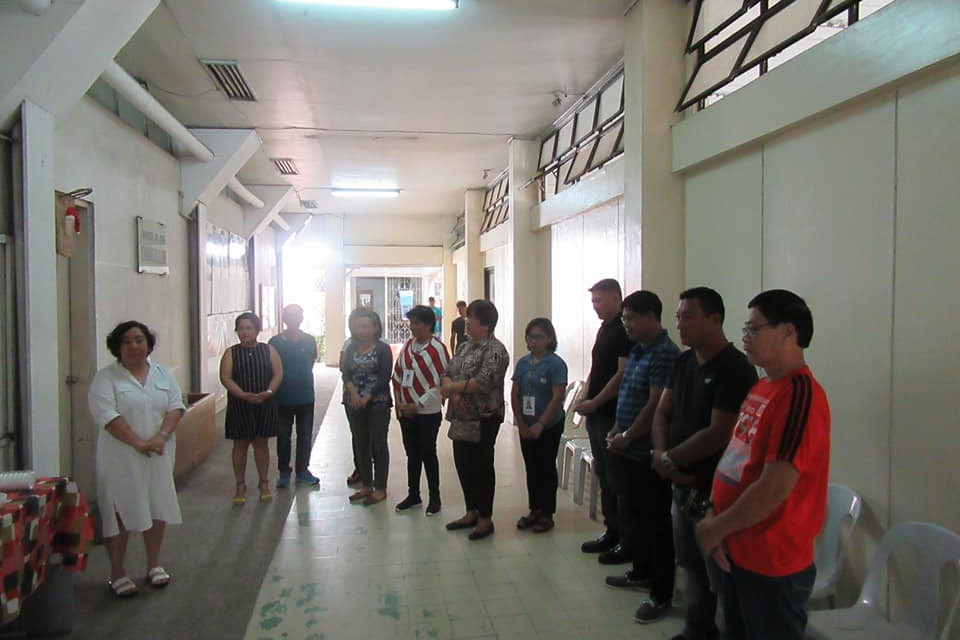The Center for West Visayan Studies of the College of Arts and Sciences, through its University Research Associates Darlene Joy Calsado and Sashah Dioso, participated in the 8th Global Symposium on Gender in Aquaculture and Fisheries (GAF8) on November 21-23, 2022, at Kochi, Kerala, India.
The conference, which was hosted by the Society of Fisheries Technologists (India) (SOFTI), Kochi and the ICAR-Central Institute of Fisheries Technology, Kochi, endeavor to explore the expanding horizons of gender dimensions in aquaculture and fisheries while highlighting the need for expanding gender inclusiveness and equity.
The GAF8 session themes are women’s voice and agency; women’s work in aquaculture and fisheries; pandemics, disasters, and shocks; gender justice and institutional roles; understanding women’s rights: and women achievers. A special art event, special sessions, and parallel events were also held during the three-day activity attended by participants from different countries either through in-person or online mode.
Both Calsado and Dioso were co-authors of two papers that they presented. Their paper “Vulnerability to and Safety from Hydro-Meteorological Hazards of Women Fishers in Small Island Communities of Carles, Iloilo, Philippines,” looks into the progression of vulnerability and safety of women fishers from these hazards in the small island communities of Carles, Iloilo, Philippines particularly the Gigantes group of islands.
Various strong typhoons, such as Fensheng in 2008, Haiyan in 2013, and Phanfone in 2019, ravaged them. These communities also commonly experience local microclimate phenomena like pugada (squall) and halakay (prolonged strong winds that last for days or weeks). This study uses the Pressure and Release (PAR) Model as a tool for analysis through key informant interviews and focus-group discussions. This model demonstrates how disasters occur when natural hazards affect vulnerable people.
Results show the complex and dynamic pressures of the vulnerability of women fishers, such as geographical isolation, incapacities to address underlying risk conditions, boom, and bust of tourism, among others. These dynamic pressures put them in unsafe conditions such as high poverty incidence, malnutrition, high birth rates, poor sanitation, dependence on extractive and unsafe livelihoods, and exposure to various natural and human-induced hazards.
Based on the PAR Model, in order to release the “pressures,” the vulnerability must be reduced. Among those reduction mechanisms identified by women fishers are capacity-building measures, diversification of livelihood sources, and social and economic buffers such as access to food, cash, credit, health, and welfare services to cushion the trauma or stress of disasters.
Their other paper, “The COVID-19 Pandemic and Women Folk Healers in Fishing Communities: The Case of Pandan, Antique, Philippines,” looks into the lived experiences of five women folk healers in fishing communities in Pandan, Antique, during the height of the pandemic. Study results revealed that government-imposed mobility restrictions, inadequate knowledge about the new virus, and the uncertainties it brought compelled many fisherfolks to refrain from going to hospitals for fear of being tested for the virus or contracting it and instead availed of the services of folk healers who are mostly women.
This situation greatly affected women folk healers as more patients sought their services while imposed mobility restrictions limited their in-person folk healing activities. Part of their coping strategies is modifying forms while retaining the substance of diagnosis and treatment in adherence to safety protocols implemented by the local authorities while also attending to their reproductive roles and other responsibilities. Among the recommendations to help these women folk healers address challenges specific to their craft include the recognition of folk healers as an important sector in the community, representation in the local body/ task force created to address health emergencies, interventions related to a pandemic and other health-related emergencies that are dove-tailed to folk healing’s unique context and the needs of fishing communities, and social safety nets for folk healers.
Calsado and Dioso’s participation in the GAF8 Conference was each supported by a grant from the Australia Centre for International Agricultural Research (ACIAR).

